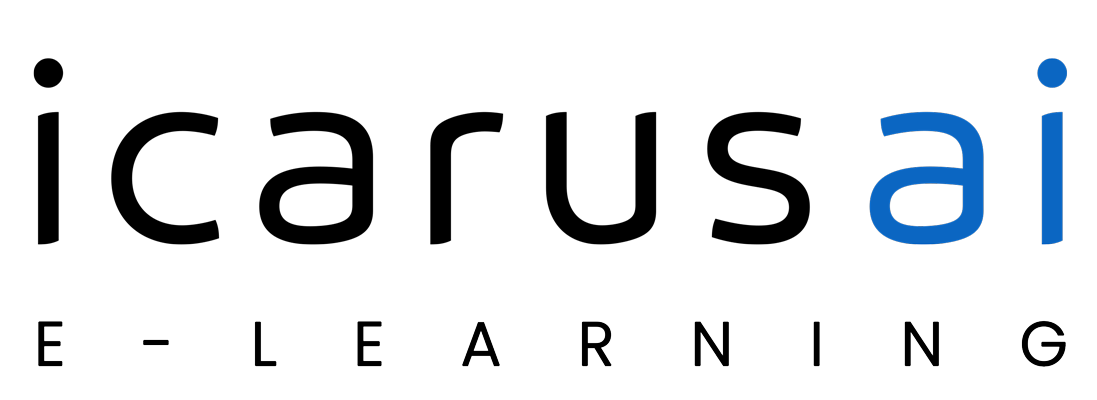After two decades immersed in the intersection of education, technology, and policy, I’ve seen remarkable progress—but also persistent, and in some cases growing, gaps.
I’ve created this visual summary to highlight some of the most pressing challenges facing global education and EdTech today. From unequal access to digital tools and teacher shortages, to data privacy concerns and insufficient digital skills training, the barriers are complex—and deeply interconnected.
These challenges are not merely operational. They are systemic, affecting national competitiveness, workforce resilience, and individual opportunity. In the age of AI and digital acceleration, educational inequity risks becoming a multiplier of global inequality.
As educators, technologists, and investors, we must now ask: How can we design systems that are inclusive, ethical, and future-ready?
At ICARUS AI, we are addressing these issues by fusing pedagogy, AI, and multilingual accessibility—ensuring that no learner is left behind due to language, geography, or circumstance.
Let’s collaborate across borders and sectors to reshape the global learning agenda.

Key insights:
- Accessibility remains foundational—without devices and connectivity, EdTech cannot scale equitably.
- Educators are underprepared, with 86% indicating need for ongoing training.
- Privacy lapses due to app data collection erode trust and may violate regulations.
- Investment focus is shifting—while AI funding grows, EdTech investments have declined dramatically, signaling demand for high-impact, evidence-based platforms.
- AI introduces bias and demands ethical oversight to ensure fairness and transparency in automated assessments.
- Mental health challenges must inform platform design to avoid burnout and social isolation.
- Regulatory frameworks are inconsistent; clear policies on data privacy, AI use, and EdTech standards are urgently required.

